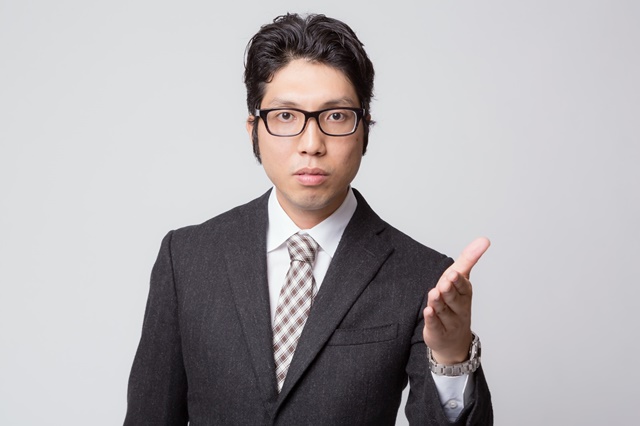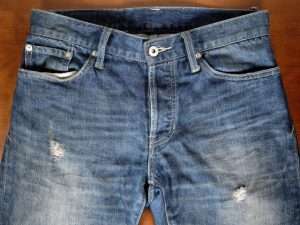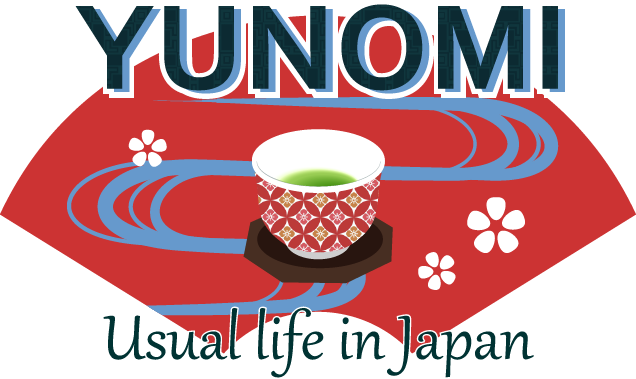Japanese-made English
Japanese have created a lot of English-based / English-inspired words.
The funny thing is that while in most of the case those are believed as ‘genuine English’, actually they are often quite different from what could mean to English speakers. So some people are fully confident to use them only to be puzzled.
Here are some examples. How do you understand these typical ‘Japanese-made English’?
Salary man?

‘Salary man’ is the person working on salary-basis, which shall be called a white-collar-worker in English. When it comes to a female worker, she is especially called an ‘Office Lady’, further abbreviated as ‘OL’.
A celebrity is called a ‘talent’.
Reception is called ‘front’.
jea-pan

Jeans is commonly called jea-pan’ -- jeans conjunct pants, as a result, it is pronounced and written as ‘G-pan’ in short.

Gas station or petrol station is ‘gasoline stand’. You will see ‘GS’ marks on the map which indicates ‘Gasoline Stand’.

Motorcycle is ‘auto-bi’ in Japanese, which must have been inspired from ‘automatic bicycle’.
Skin-ship could be another funny example

Skin-ship means a physical contact in purpose for better understanding of each other or to show that you care, especially between mother and baby or between close friends.
The ‘-ship’ was probably inspired from ‘friendship’ added to the word ‘skin’.
Well, if you were told ‘You are “about”’, how do you understand?
From the understanding that ‘about’ in English means almost but not accurate or exact, ‘you are about’ means ‘you are not accurate or exact’.
Some ‘Japanese-made English’ simply came from how the original pronunciation was caught by the ears of Japanese people.
Dress shirt is called ‘Y-shirt’ in Japan

‘Y’ is how it sounded ‘white’ when it was pronounced. The sound Y came from ‘white’ but actually ‘Y-shirt’ does not restrict only white ones. It means all sorts of dress shirts.
Guess what!
If you hear people say ‘PASOKON’, what do you think it could be?
It means PC: ‘Personal Computer’ in short. That’s how we call PC!

This is "Note pasokon"
Of course you know laptop.

